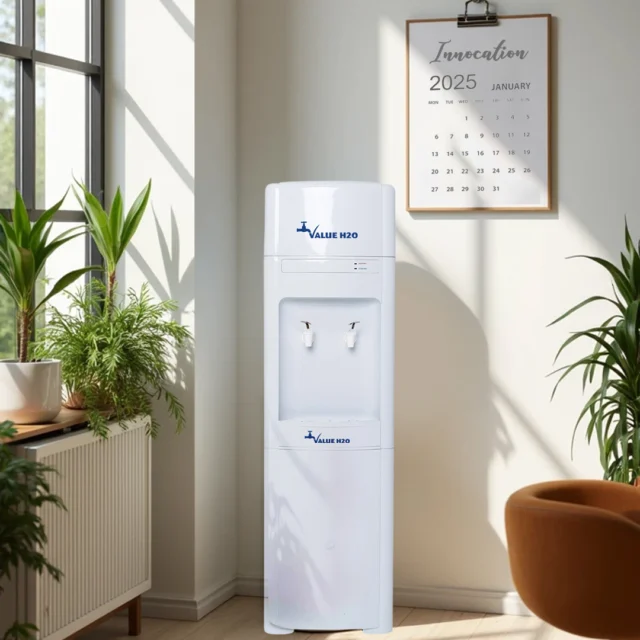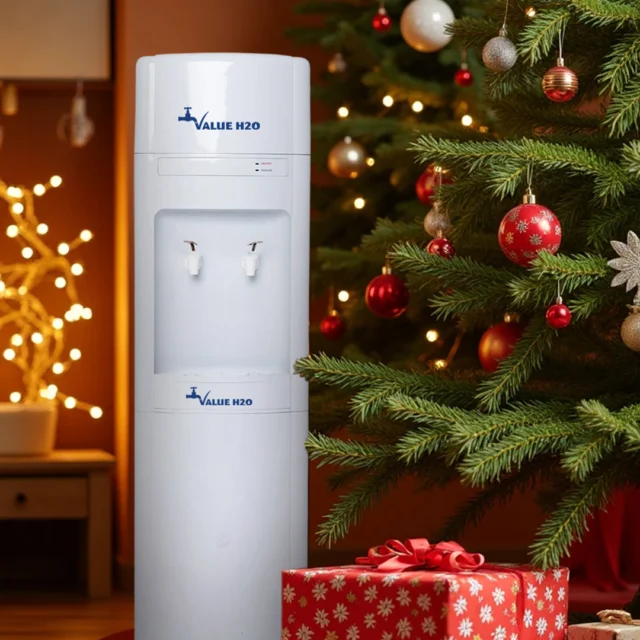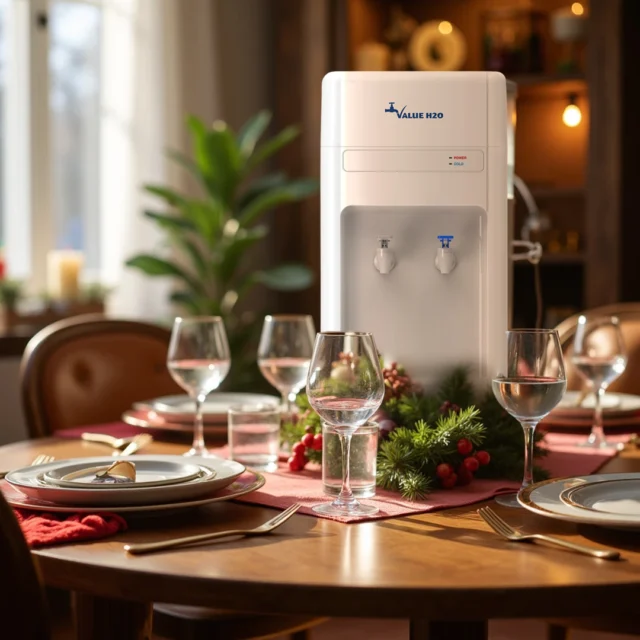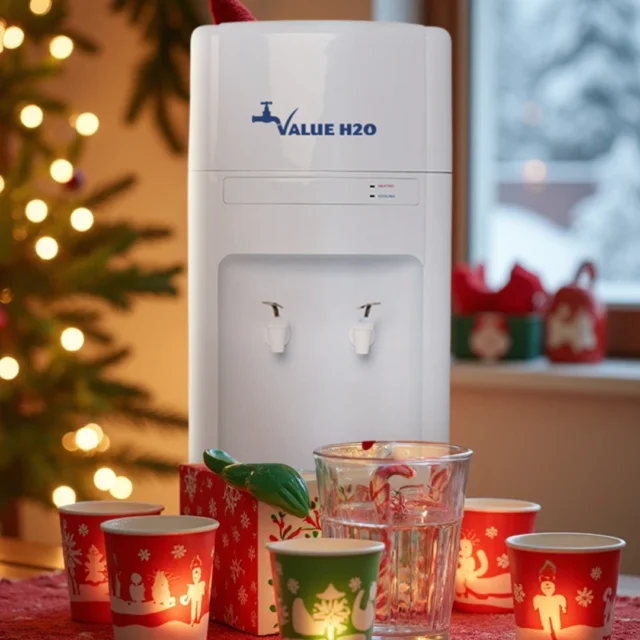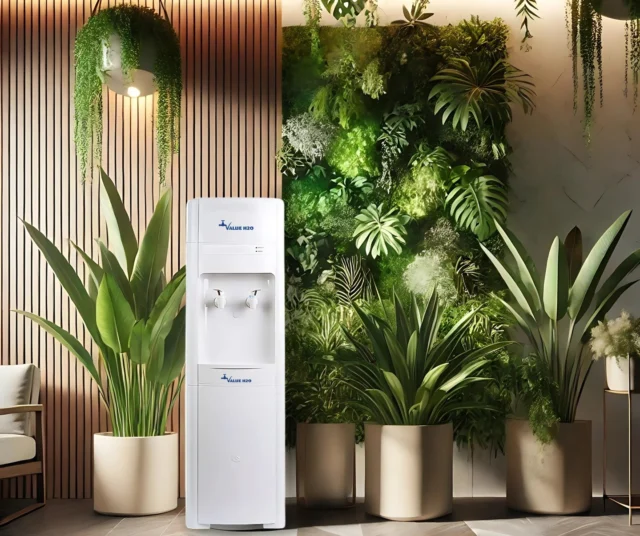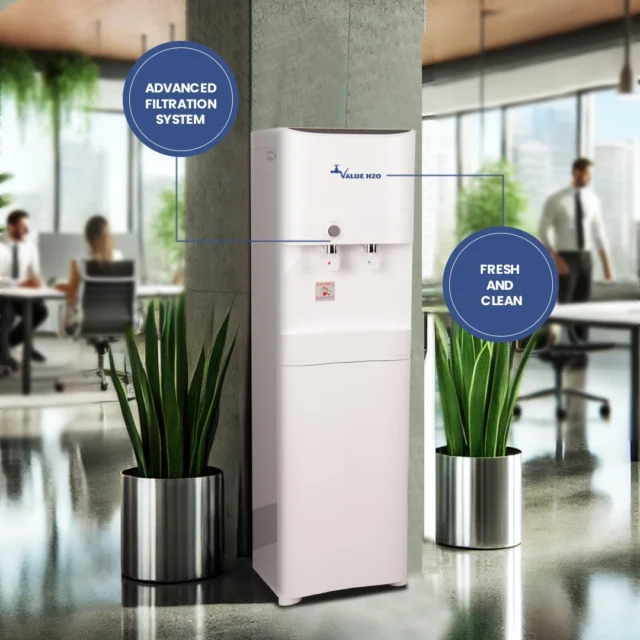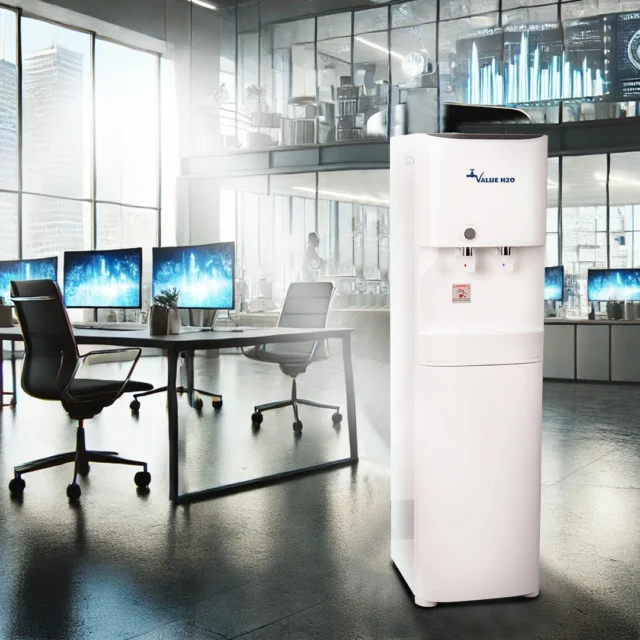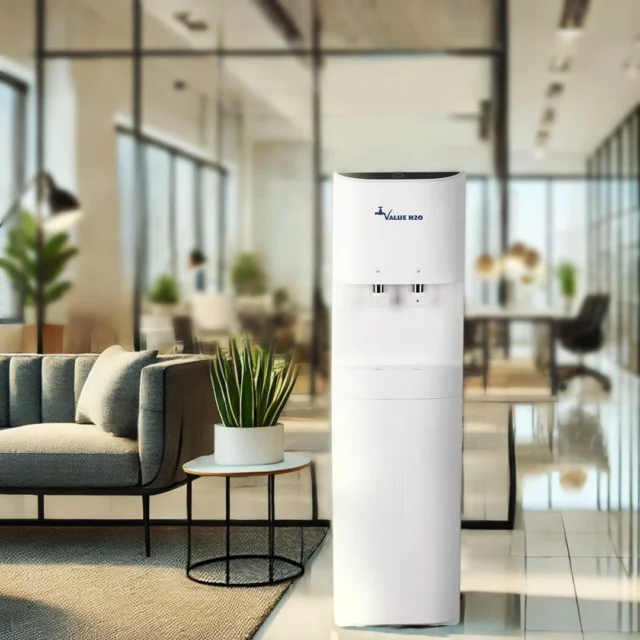In the global effort to reduce waste and create sustainable systems, the concept of a circular economy has emerged as a transformative approach. Unlike the traditional linear model of “take, make, dispose,” a circular economy focuses on keeping resources in use for as long as possible, extracting maximum value before recovering and regenerating materials at the end of their life cycle. Water coolers, particularly bottleless models, play a vital role in supporting this shift, helping businesses reduce plastic waste while promoting sustainable hydration practices.
Understanding the Circular Economy
At its core, a circular economy aims to minimise waste and make the most of existing resources. This is achieved by designing products that can be reused, repaired, or recycled, and by prioritising renewable inputs. For businesses, adopting circular economy principles means not only reducing their environmental footprint but also aligning with consumer expectations for sustainability.
The Problem with Single-Use Plastics
One of the greatest challenges in achieving a circular economy is addressing the pervasive use of single-use plastics. These items, including disposable water bottles, are often used for mere moments but can take hundreds of years to decompose. In Australia alone, millions of plastic bottles are discarded every day, contributing to pollution in landfills and oceans. Transitioning away from disposable bottles is a crucial step toward a more sustainable future.
How Water Coolers Reduce Plastic Waste
Water coolers, especially bottleless systems, are an effective solution for reducing reliance on single-use plastics. By filtering and dispensing tap water, these systems eliminate the need for bottled water, helping businesses significantly cut down on plastic waste. Each bottleless cooler can save hundreds—or even thousands—of plastic bottles annually, making it a sustainable choice for both offices and households.
Promoting Reusability with Water Coolers
In a circular economy, the focus is on reusability. Water coolers encourage the use of refillable bottles or glasses, eliminating the constant need for disposable alternatives. Employees and customers can easily refill their containers, reducing waste while enjoying the convenience of clean, refreshing water.
Energy Efficiency and Reduced Carbon Footprint
Modern water coolers are designed with energy efficiency in mind, further supporting the circular economy. By using advanced filtration systems and energy-saving technologies, water coolers reduce the environmental impact of water purification and delivery. Compared to the energy-intensive process of manufacturing and transporting bottled water, water coolers offer a much greener alternative.
The Role of Businesses in Driving Change
Businesses have a significant role to play in supporting the circular economy. By investing in sustainable solutions like water coolers, companies can demonstrate their commitment to environmental stewardship. This not only helps the planet but also appeals to eco-conscious consumers and employees who value sustainability.
Key Benefits for Businesses:
- Cost Savings: Eliminating bottled water reduces purchasing and disposal costs.
- Environmental Impact: Reducing plastic waste and energy consumption aligns with corporate sustainability goals.
- Enhanced Reputation: Supporting a circular economy improves brand image and attracts environmentally conscious customers.
Value H2O: Supporting the Circular Economy with Sustainable Water Coolers
At Value H2O, we are proud to offer bottleless water coolers and other sustainable hydration solutions that align with circular economy principles. Our coolers are designed to reduce waste, save energy, and promote reusability, helping businesses make a positive impact on the environment. With flexible rental options and comprehensive maintenance services, we make it easy for companies to adopt eco-friendly practices.
Conclusion: From Plastic to Purpose
Adopting a circular economy approach is not just an environmental imperative—it’s a smart business strategy. By choosing water coolers over disposable bottled water, businesses can significantly reduce their plastic waste, lower their carbon footprint, and contribute to a more sustainable future. With Value H2O, you can take the first step toward supporting the circular economy while providing your team with high-quality hydration solutions.
FAQs Answered:
How do water coolers reduce plastic waste?
Water coolers, especially bottleless models, eliminate the need for single-use plastic bottles by providing filtered water directly from the tap. This helps businesses and homes significantly reduce their plastic waste while promoting sustainable hydration practices.
What is a circular economy, and how do water coolers fit in?
A circular economy focuses on reducing waste by reusing, repairing, and recycling resources. Water coolers support this model by encouraging the use of refillable bottles, reducing reliance on disposable plastics, and minimising environmental impact through energy-efficient technologies.
Are water coolers environmentally friendly?
Yes, modern water coolers are designed with sustainability in mind. Bottleless systems reduce plastic waste, advanced filtration ensures clean water without bottled delivery, and energy-efficient models lower electricity consumption, making them an eco-friendly choice.
Why should businesses invest in bottleless water coolers?
Bottleless water coolers help businesses save money by eliminating the cost of bottled water and its disposal. They align with sustainability goals, improve environmental impact, and enhance the company’s reputation among eco-conscious consumers and employees.
How can water coolers promote sustainability in the workplace?
By providing easy access to clean, filtered water, water coolers encourage the use of refillable bottles and glasses, reducing waste. They also help businesses transition to more sustainable practices, contributing to a greener and more responsible workplace.
